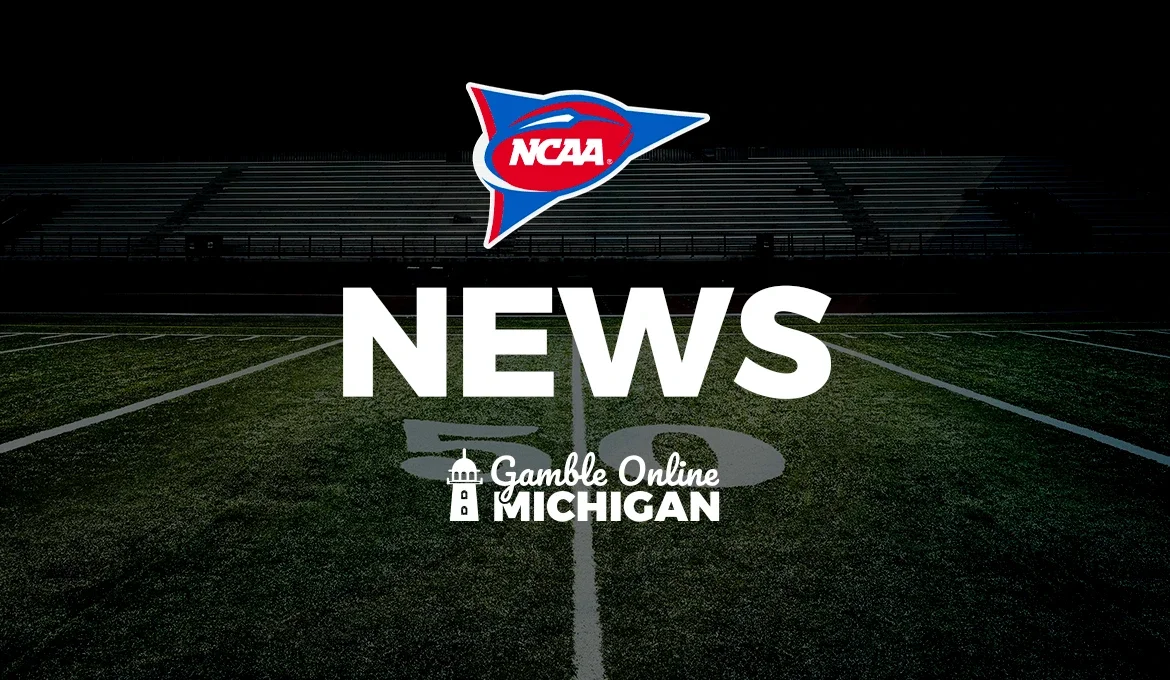The NCAA Bylaw 11.6.1. provides that “Off-campus, in-person scouting of future opponents (in the same season) is prohibited.”
In violation of this rule, Michigan has been accused of sending unnamed representatives to watch future opponents’ games and gather information about signs. Generally, these signs are used by teams to instruct and call plays on offense and defense positions. It is also possible that Michigan scouts attended the games of potential College Football opponents for the same reason.
Ideally, teams receive extensive video footage with which they scout opponents. This makes sense, as in-person scouting has been prohibited since 1994. Quite noteworthy is that the 2023 NCAA football book addresses sign stealing but does not impose any punishment.
“Any attempt to record, either through audio or video means, any signals given by an opposing player, coach, or other team personnel is prohibited,” the rule book reads.
Pending full investigation, a lot of issues remain unclear. The NCAA would be looking to confirm if Michigan used staffers or other random persons and whether information was collected by video. Investigations are also ongoing about the involvement of head coach Jim Harbaugh.
Since news broke out, Harbaugh denied knowledge of the scouting, claiming he would cooperate with the NCAA during the investigation.
“I do not have any knowledge or information regarding the University of Michigan football program illegally stealing signals, nor have I directed any staff member or others to participate in an off-campus scouting assignment,” Harbaugh said.
According to ESPN, a former Marine is key in the investigations. Connor Stalions is a low-staffer with the Wolverines and a former captain. He currently works with the Michigan football team as a football analyst. However, on Friday, October 20, Stalions was suspended with pay pending investigation.



